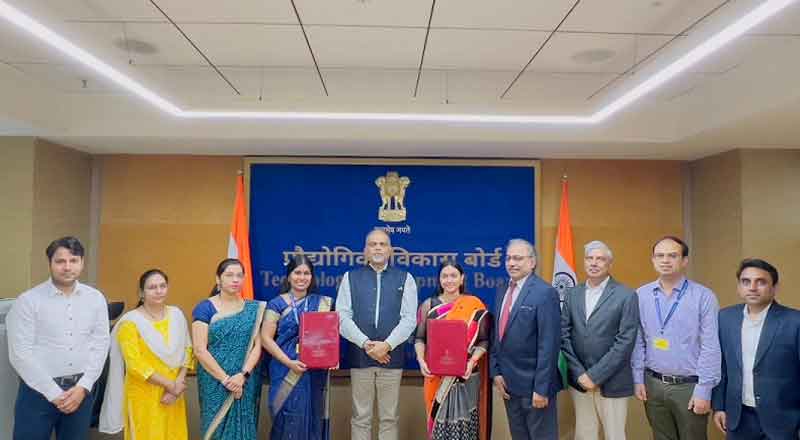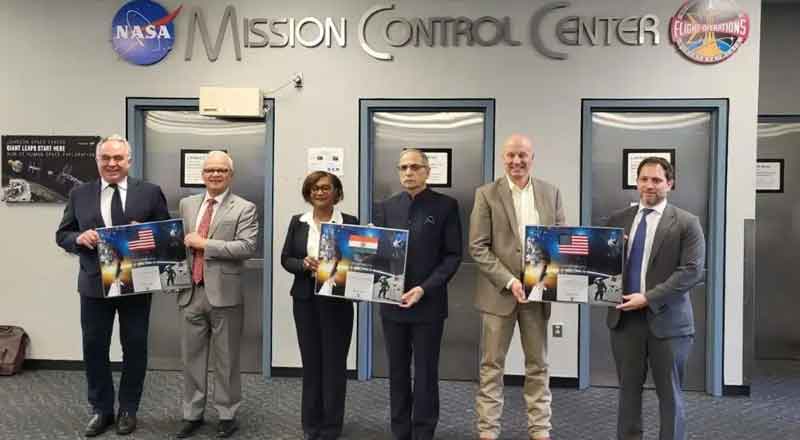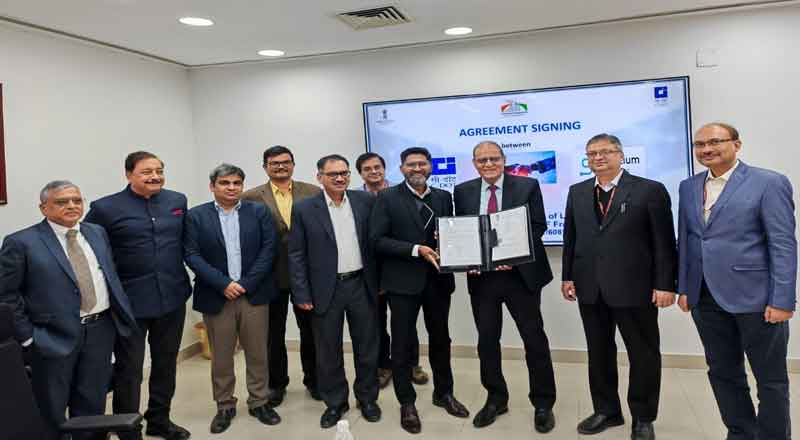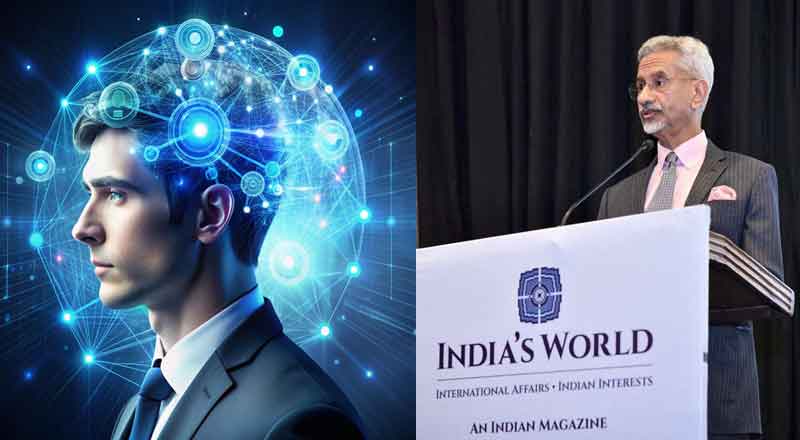The Technology Development Board (TDB) under the Department of Science and Technology (DST) has sanctioned funding for M/s Midwest Advanced Materials Private Limited (MAM), Hyderabad with the aim of boosting the domestic production of essential materials and technologies, today at the TDB Centre in New Delhi.
The strategic project focuses on advancing the commercial manufacturing of Neodymium materials and Rare Earth Permanent Magnets, integral components for e-mobility applications. Aligned with national priorities, the funded project aims to establish an integrated production module for Rare Earth (RE) magnets, starting with oxides. Utilizing a modified Metal Extraction method employing Molten Salt Electrolysis (MSE) technology, which incorporates an environmentally sustainable electrolysis process with proprietary cell designs, this initiative represents a critical stride towards sustainable technological advancement.
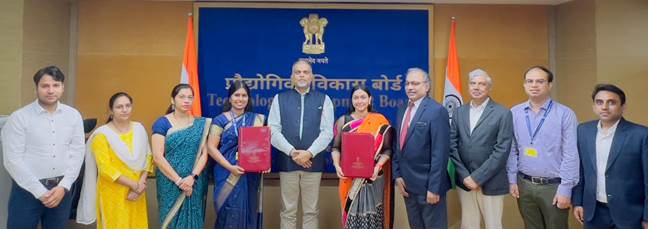
Neodymium (NdFeB) permanent magnets are vital for propulsion systems in electric vehicles and generators in renewable energy infrastructure, are forecast to witness substantial market expansion, thereby underlining the significance of indigenous production capabilities. This program aligns with international efforts to mitigate climate change and promote renewable energy sources, including solar and wind power.
The transfer of advanced technology from The Nonferrous Materials Technology Development Centre (NFTDC), an esteemed R&D institution under the aegis of the Ministry of Mines, Government of India, to Midwest Advanced Materials ltd. has paved the way for the commercial production of Neodymium materials and Rare Earth Permanent Magnets. NFTDC’s proficiency in advanced materials, particularly Rare Earths, alongside expertise in process development and equipment design, coupled with MAM’s strengths in mining, powder metallurgy, e-mobility, and project financing, constitutes the bedrock of this TRL-9 demonstration plant. With an initial production target of 500 tons per year (TPY) of magnets, with a subsequent scaling up to 5000 TPA by 2030, this initiative underscores a transformative stride towards achieving self-reliance in critical technological domains.
During his speech, Dr. K. Bala Subramanian, the Director of NFDTC, emphasized the project’s importance as a trailblazing initiative in India. He envisaged an annual production of 500 tons of magnets from 150–170 tons of oxide, which would be a significant milestone for the country. This all-encompassing scientific breakthrough, which spans the entire range from motors and finished magnets to rare earth oxide, is expected to have a significant impact on a number of high-tech industries, including smartphones, wind turbines, medical imaging devices, and electronic mobility. For this project, five specialized pieces of equipment have been carefully built to provide optimal operational effectiveness and efficiency.
The project benefits from much lower capital investment (CapEx) due to local plant and machinery design. As India Rare Earth Engineers Limited (IREL) will supply the raw materials, the project will be more financially feasible in terms of operating expenses. In the future, MAM wants to reach a production target of 5,000 TPA annually by 2030. This is a calculated step that will improve the project’s long-term profitability and value proposition. NFTDC will support MAM’s efforts in rare earths and other vital materials as a knowledge and technological partner.
Sh. Rajesh Kumar Pathak, Secretary, TDB, highlighted the project’s importance. This initiative signifies India’s advancement to domestically manufacture high-performance magnets, addressing national imperatives and contributing to the global transition towards sustainable technologies in critical materials for e-mobility and clean energy.


